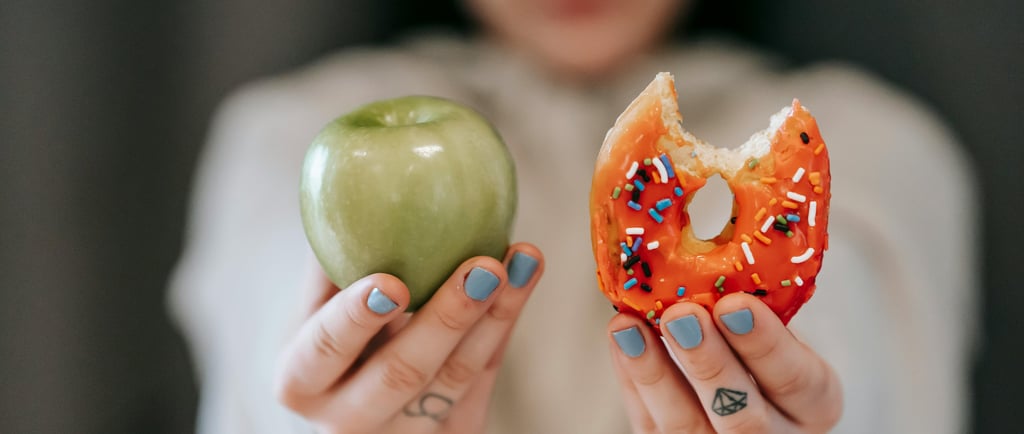Artificial Sweeteners and Dental Health


From BDS, we want to highlight the importance of considering artificial sweeteners and their impact on dental health.
Disadvantages of Artificial Sweeteners
1. Metabolic Disruption: Regular consumption of artificial sweeteners can negatively affect metabolism and insulin response, increasing the risk of developing type 2 diabetes¹.
2. Digestive Issues: Side effects such as bloating, gas, and diarrhea may occur due to the body’s difficulty in processing these artificial compounds².
3. Change in Gut Microbiota: Artificial sweeteners can alter the balance of beneficial bacteria in the gut, impacting digestion and immune function³. Consequently, this may also affect the oral microbiota.
Impact on Dental Health
1. Acidity and Dental Erosion: Many foods and beverages with artificial sweeteners are acidic, which can wear down enamel and increase sensitivity⁴. At BDS, we focus on enhancing your teeth’s mineralization. Excessive erosion can lead to dental sensitivity.
2. Lack of Saliva Stimulation: Artificial sweeteners don’t stimulate saliva production, essential for neutralizing acids and protecting enamel⁵.
Natural Alternatives
Opting for natural alternatives may be better for both general and dental health:
- Stevia: A zero-calorie natural sweetener that doesn’t affect insulin levels and is tooth-friendly.
- Xylitol: A low-calorie sweetener that stimulates saliva production and helps prevent cavities.
Take Care of Your Health
To protect both your general and dental health, we recommend limiting artificial sweeteners and opting for natural alternatives. Maintain good oral hygiene and see your dentist regularly.
Thank you for being part of our community!
References
1. Swithers, S. E. (2013). Artificial sweeteners produce the counterintuitive effect of inducing metabolic derangements. Trends in Endocrinology & Metabolism, 24(9), 431-441.
2. Magnuson, B. A., Carakostas, M. C., Moore, N. H., Poulos, S. P., & Renwick, A. G. (2016). Biological fate of low-calorie sweeteners. Nutrition Reviews, 74(11), 670-689.
3. Suez, J., Korem, T., Zilberman-Schapira, G., Segal, E., & Elinav, E. (2014). Artificial sweeteners induce glucose intolerance by altering the gut microbiota. Nature, 514(7521), 181-186.
4. Zero, D. T. (1996). Etiology of dental erosion--extrinsic factors. European Journal of Oral Sciences, 104(2), 162-177.
5. Edgar, W. M. (1998). Sugar substitutes, chewing gum and dental health. International Dental Journal, 48(3), 100-108.


